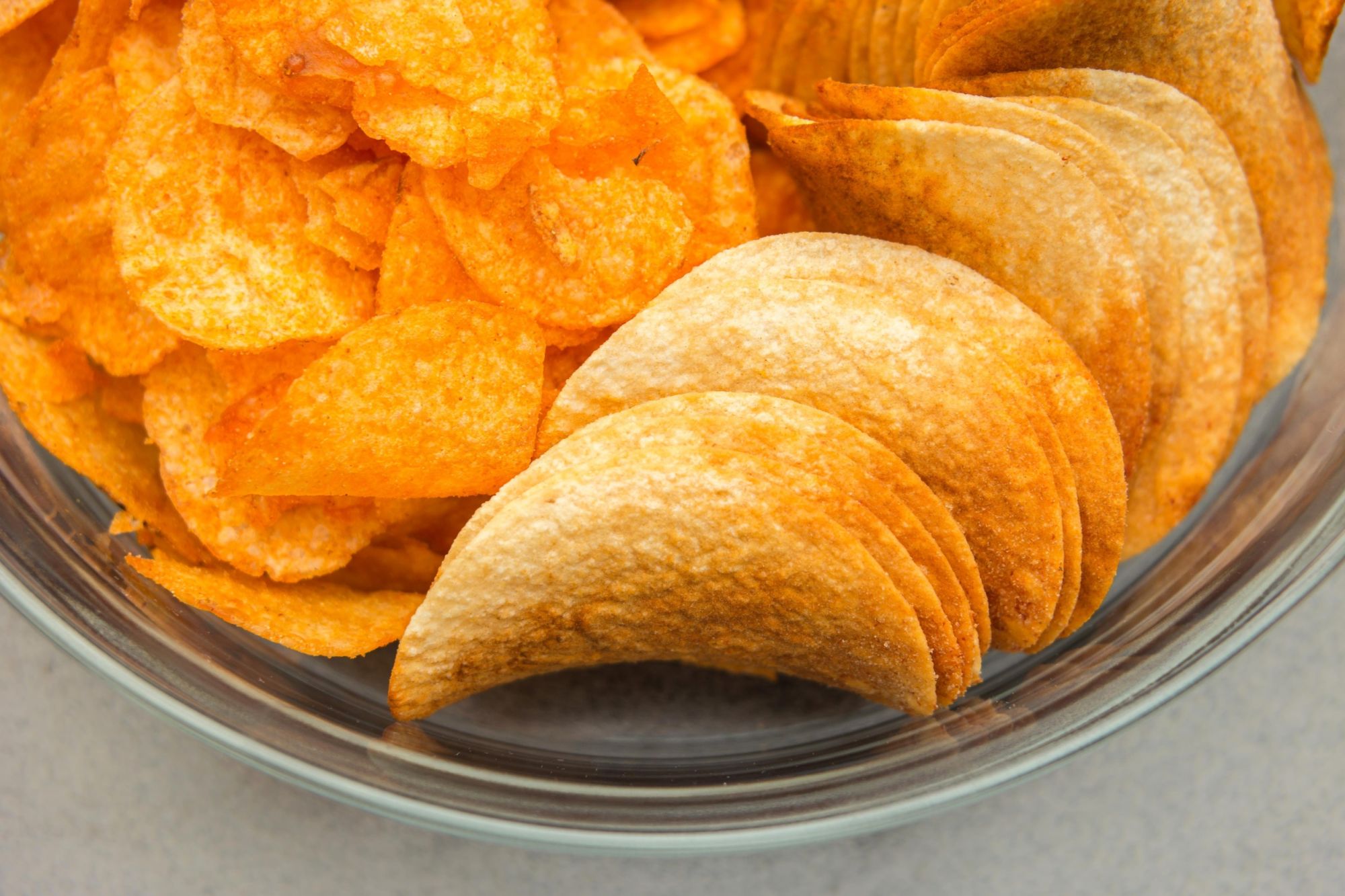Chips are a classic snack food enjoyed by people around the world. Whether you’re munching on potato chips, tortilla chips, or plantain chips, they all provide a delicious crunch! But for those adhering to a halal lifestyle, there is an important question: are chips halal? The answer is yes—but only if they meet specific criteria.

For chips to be considered halal, they must be fried in oil that is 100% plant-based, including sunflower oil and vegetable oil. Alternatively, the oil can come from a halal butcher or processor. Additionally, the fryers must never have been in contact with pork or animal forks. If these criteria are met, the chips can be safely consumed by those following the Islamic dietary laws known as halal.
When selecting halal chips, it’s essential to read labels carefully and ensure the product is certified by a reliable source, such as an Islamic organization or halal certification board. This will guarantee that the product meets all the necessary criteria and can be safely consumed by anyone following a halal lifestyle. It’s also wise to check with manufacturers to ensure their production process meets these requirements.
- Ingredients: If the chips are made from potatoes, oil (such as vegetable oil), and seasonings (such as salt) and do not contain any non-Halal ingredients, they would typically be considered Halal.
- Preparation Method: If the chips are fried separately from non-Halal foods or in a shared fryer designated for Halal use only, they would be considered Halal.
- Certification: If the chips have been certified as Halal by a reputable Islamic certifying organization, this will provide further evidence that they are Halal.
- Manufacturer’s Declaration: If the chips’ manufacturer has declared that they are Halal, this would provide some assurance that they are indeed Halal.
It’s important to note that these factors are not exhaustive and may vary depending on the specific brand or type of chips. It’s always a good idea to check the ingredients list and ask the manufacturer or restaurant for information on the production process to determine if a specific brand or type of chips is Halal.
When preparing homemade chips using ingredients that meet the necessary halal standards, it’s essential to ensure everything is cooked in an appropriate environment, free from cross-contamination with non-halal ingredients or products. For example, if Pork is cooked in a pan or frying oil is used for your homemade chips, they would be ineligible for consideration as being ‘halal’ due to cross-contamination.
According to Islamic Law, any chips prepared, seasoned, and served according to Islamic Law are known as Halal Chips. Although Islam is a religion, its rules and regulations positively affect food consumption. Islam doesn’t entertain the consumption of Pork or any Pork-Porkd products. Meats that are slaughtered according to Islamic tradition are only permissible. Therefore, chips/ snacks must be fried and seasoned in separate pans. It cannot be prepared in utensils that may contain a slice of Pork halal or a slice of Pork halal.
In general, there are no problems with Chips.
But where does the problem lie?
Pork Fat is a common frying agent for crisps and French fries in many establishments. To be Halal, Chips must be fried in oil derived from plants.
Besides, the fryers must never have touched Pork or any Pork-Related products. Similarly, Chips cannot be garnished with Pork or Pork products in seasonings and flavorings. If any other animal products are utilized, they must also be Halal for the meal to comply with the law.
It also must not come in touch with machinery tainted with such products.
To meet Islamic standards, manufacturers/ restaurateurs must use separate machines for Halal and Non-Halal Chips. They must separate hip scoops, baskets, and cutlery to avoid contamination.
Undoubtedly, all these considerations escalate the cost of production and give rise to complications.
Conclusion
Overall, chips can be considered ‘halal’ provided they conform to strict rules and guidelines set out by organizations like Halal certifiers and Islamic organizations responsible for confirming that all ingredients used are indeed compliant with these standards of Islamic dietary law (or ‘Halal’). However, consumers should double-check labels and contact manufacturers directly before consuming any snack food product to ensure their chips are indeed Halal certified!
- How Many Tablespoons is One Clove of Garlic? - June 26, 2024
- How to Measure 3/4 Cup When You Don’t Have the Right Measuring Cup? - June 6, 2024
- How Much Does Cooked Pasta Weight Compare To Dry? - April 30, 2024
